ESR1 mutations are common
If your cancer has this mutation, you are not alone. Nearly 1 out of 2 (~50%) people with ER+/HER2- metastatic breast cancer may develop an ESR1 mutation after progression on hormone therapy.
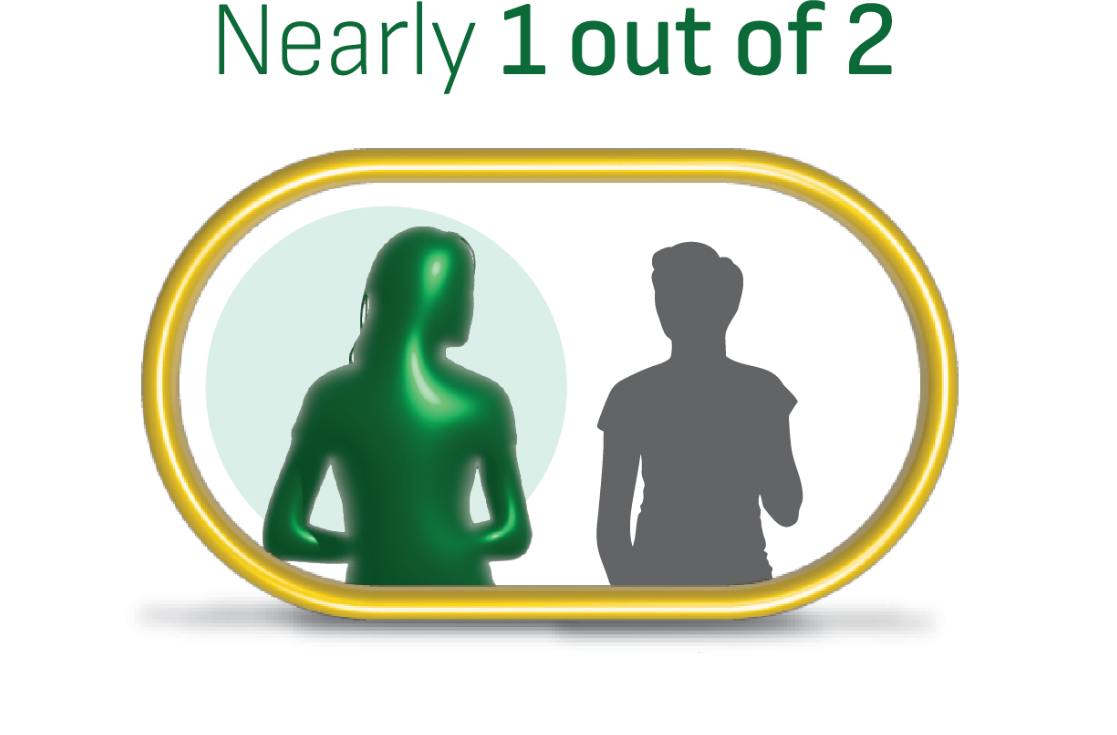
When it’s time to change treatment, understanding your options will help you and your healthcare team feel confident about your next treatment. That’s why it’s important to talk with your healthcare team about your type of cancer and your treatment options. This way, you can make decisions together.

Mutations may develop after taking certain hormone therapies
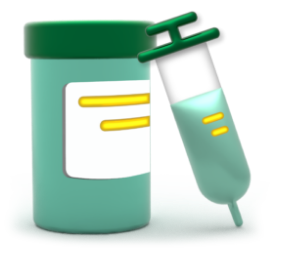
How hormone therapies work

How hormone therapies work
Hormone therapies have been used to treat people with advanced or metastatic breast cancer for more than 2 decades.
Hormone therapies help block estrogen from getting to ER+ breast cancer cells. Without estrogen, the cancer cells may not grow, or they may grow more slowly. Acquired ESR1 mutations can cause some hormone therapies to stop working and cancer to progress.
Some common hormone therapies include:
- exemestane
- anastrozole
- letrozole
- fulvestrant
Some common hormone therapies include:
- exemestane
- anastrozole
- letrozole
- fulvestrant
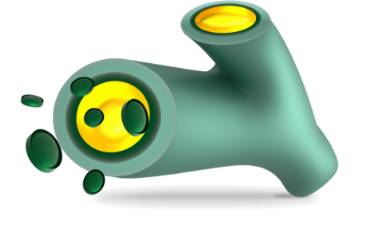
Metastatic breast cancer cells travel in the bloodstream

Metastatic breast cancer cells travel in the bloodstream
When breast cancer is advanced or metastatic, breast cancer cells enter the bloodstream or lymphatic system. New tumors can form in other parts of the body, including bones, liver, lungs, and brain.
How do I know if my metastatic breast cancer has an ESR1 mutation?
A blood test ordered by your doctor can confirm if an ESR1 mutation has occurred.
- Sometimes your metastatic breast cancer can change over time. Even if you have had a test before, it is important to talk to your doctor about repeating the test if your cancer has progressed
Getting tested for ESR1 mutations
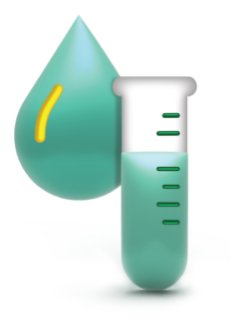
A blood test is the best way to detect ESR1 mutations

A blood test is the best way to detect ESR1 mutations
Blood test results can show you and your healthcare team why:
- Your disease may have progressed
- Your current treatment may no longer be working
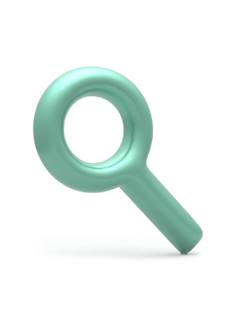
A tissue biopsy is not the best way to detect ESR1 mutations

A tissue biopsy is not the best way to detect ESR1 mutations
Even a new biopsy is not good enough. Blood testing is now the recommended standard.
A blood test is fast, accurate, and easy
It offers results in about 1 week.
It finds ESR1 mutations even when:
- There’s more than one tumor in the body
- The makeup of a tumor varies
- The tumor is in a difficult location
- The tumor changes over time
It can be done at your doctor’s office or a lab.
Steps to find out if your metastatic breast cancer has an ESR1 mutation

Your doctor must confirm that your ER+/HER2- metastatic breast cancer has progressed after 1 or more lines of hormone therapy

A member of your healthcare team will take a blood sample

The sample will be sent to a lab to see if an ESR1 mutation is present

You should get results in about 1 week
It’s important to know if you have ESR1-mutated metastatic breast cancer because it will help determine if ORSERDU is the 1 for you. ORSERDU works specifically against ESR1-mutated metastatic breast cancer.

Make an appointment to talk with your doctor about testing for an ESR1 mutation.
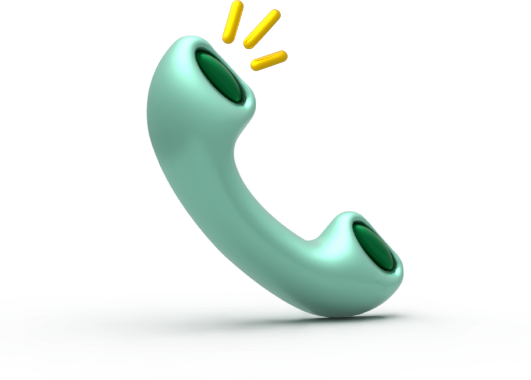
Call your doctor’s office if you don’t hear from them within 14 days of getting tested. If your blood test detects an ESR1 mutation, your doctor may prescribe ORSERDU.

ER+, estrogen receptor-positive; ESR1, estrogen receptor 1; HER2-, human epidermal growth factor receptor 2-negative.
IMPORTANT SAFETY INFORMATION AND INDICATION
IMPORTANT SAFETY INFORMATION
ORSERDU may cause serious side effects, including:
- Increased fat (lipid) levels in your blood (hypercholesterolemia and hypertriglyceridemia). Your healthcare provider will do blood tests to check your lipid levels before and during your treatment with ORSERDU
Before taking ORSERDU, tell your healthcare provider about all your medical conditions, including if you:
- Have liver problems
- Are pregnant or plan to become pregnant. ORSERDU can harm your unborn baby
- Your healthcare provider may do a pregnancy test before you start treatment with ORSERDU
- You should use effective (contraception) birth control during treatment with ORSERDU and for 1 week after the last dose
- Tell your healthcare provider right away if you become pregnant or think you may be pregnant during treatment with ORSERDU
- You should use effective (contraception) birth control during treatment with ORSERDU and for 1 week after the last dose
Females who are able to become pregnant:
Males with female partners who are able to become pregnant:
- Are breastfeeding or plan to breastfeed. It is not known if ORSERDU passes into your breast milk. Do not breastfeed during treatment with ORSERDU and for 1 week after the last dose
Tell your healthcare provider about all the medicines you take, including prescription and over-the-counter medicines, vitamins, and herbal supplements. ORSERDU and other medicines may affect each other causing side effects. Know the medicines you take. Keep a list of them to show your healthcare provider or pharmacist when you get a new medicine.
The most common side effects of ORSERDU include:
- Muscle and joint (musculoskeletal) pain
- Nausea
- Increased cholesterol and triglyceride levels in your blood
- Increased liver function tests
- Tiredness
- Decreased red blood cell counts
- Vomiting
- Decreased salt (sodium) levels in your blood
- Increased kidney function test
- Decreased appetite
- Diarrhea
- Headache
- Constipation
- Stomach-area (abdominal) pain
- Hot flush
- Indigestion or heartburn
Your healthcare provider may decrease your dose, temporarily stop, or completely stop treatment with ORSERDU, if you develop certain side effects.
ORSERDU may affect fertility in males and in females who are able to become pregnant. Talk to your healthcare provider if this is a concern for you.
ORSERDU is available as 345 mg and 86 mg tablets.
These are not all the possible side effects of ORSERDU. Call your doctor for medical advice about side effects. You may report side effects to the FDA at 1-800-FDA-1088 or visit www.fda.gov/medwatch.
INDICATION
ORSERDU (elacestrant) is a prescription medicine to treat women who have gone through menopause and adult men with estrogen receptor (ER)-positive, human epidermal growth factor receptor 2 (HER2)-negative, ESR1-mutated advanced breast cancer or breast cancer that has spread to other parts of the body (metastatic), and whose disease has progressed after endocrine therapy.
Your healthcare provider will perform a test to make sure that ORSERDU is right for you.
It is not known if ORSERDU is safe and effective in children.
Please see Important Facts about ORSERDU.

